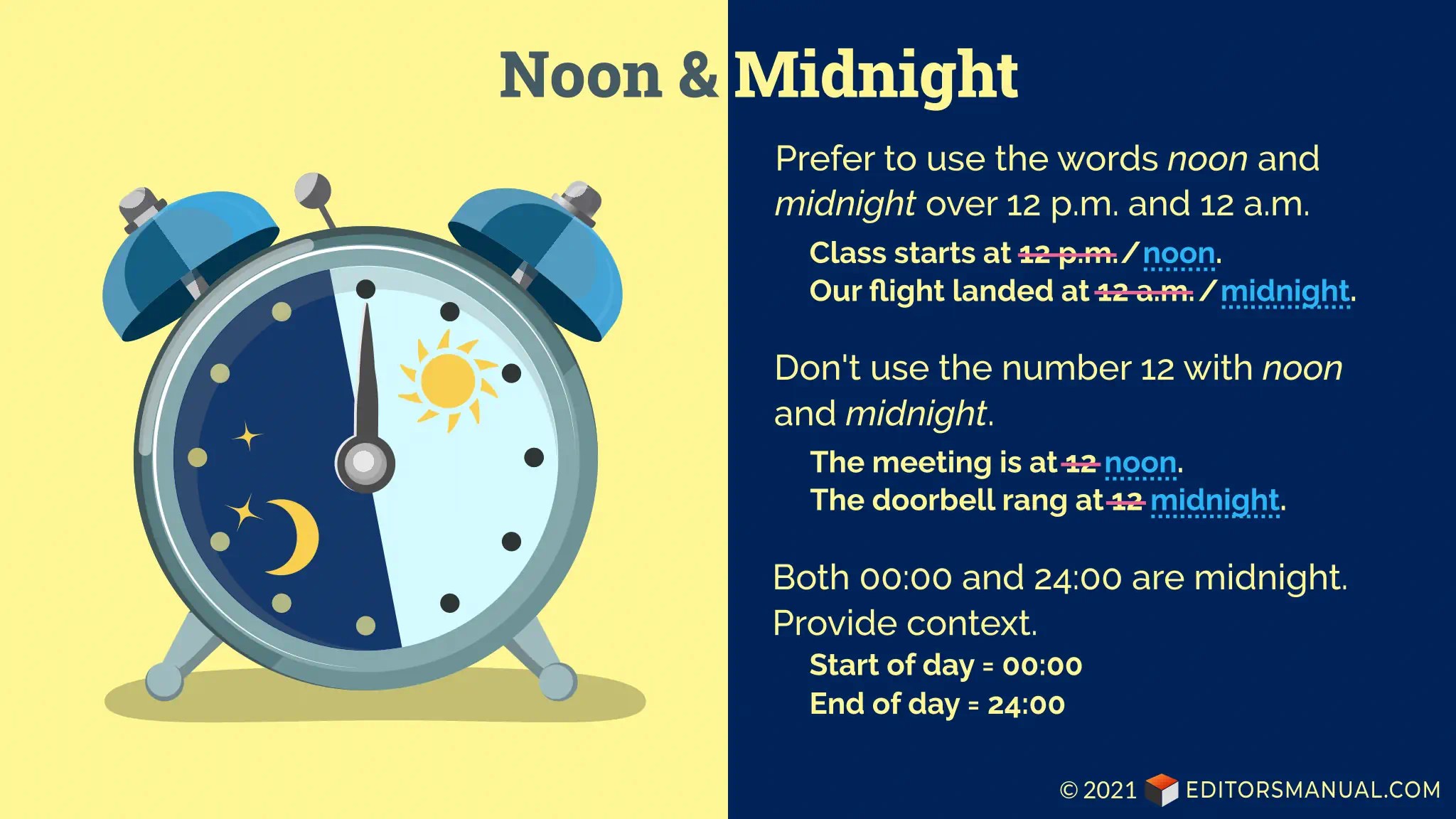Deciphering Military Time: What Time is Noon?
Ever glanced at a digital clock or a schedule and encountered a time like "1200"? This isn't a futuristic time code; it's simply noon in military time. This system, officially known as the 24-hour clock, is used around the world and across various industries to avoid the ambiguity of AM and PM.
So, what time is noon in military time? The answer is 1200. While seemingly straightforward, understanding the logic behind the 24-hour clock can be immensely beneficial. This system eliminates any potential confusion between morning and afternoon hours, promoting clear communication and precise scheduling.
The 24-hour clock format expresses time as a four-digit number, ranging from 0000 (midnight) to 2359 (11:59 PM). Noon, being the midpoint of the day, falls squarely at 1200. This system simplifies timekeeping and reduces the risk of errors, particularly in time-sensitive situations.
The history of the 24-hour clock can be traced back centuries, with evidence of its use in various ancient civilizations. Its modern adoption, however, is largely attributed to its practical applications in military operations, where clarity and precision are paramount. This explains the common term "military time." From there, its use expanded to other sectors, including aviation, medicine, and emergency services, where miscommunication about time can have serious consequences.
A key issue related to military time is the initial learning curve for those accustomed to the 12-hour clock. Converting between the two systems can be confusing at first, but with a little practice, it becomes second nature. For times after noon, simply add 12 to the standard hour. For example, 1 PM becomes 1300, 2 PM becomes 1400, and so on.
One of the main benefits of using military time is its enhanced clarity. The absence of AM and PM designations eliminates any ambiguity about which part of the day is being referenced. This is crucial in fields like healthcare, where accurate timing of medication administration is essential. Imagine the potential consequences of mistaking 8 AM for 8 PM.
Another advantage is the international compatibility of the 24-hour clock. Many countries use this system as their standard time format. This eliminates the need for mental conversions when traveling or collaborating with individuals from different regions.
A third benefit is the improved efficiency in scheduling and planning. The 24-hour clock simplifies the process of ordering events chronologically. It's immediately clear which time comes first when comparing 1430 and 1600, as opposed to 2:30 PM and 4:00 PM.
To master military time, start by familiarizing yourself with the basic conversion. Remember that times before 1 PM remain the same, simply adding a leading zero if necessary (e.g., 9 AM becomes 0900). Practice converting common times back and forth between the two systems. Online converters and mobile apps can also be helpful tools.
Here's a simple checklist for converting noon to military time: Is it noon? If yes, the military time is 1200.
Advantages and Disadvantages of Military Time
| Advantages | Disadvantages |
|---|---|
| Clarity and avoids ambiguity | Initial learning curve |
| International compatibility | Unfamiliarity for some |
| Improved scheduling efficiency |
Five best practices for using military time: 1. Always use four digits. 2. Remember midnight is 0000. 3. Practice converting common times. 4. Use online converters when unsure. 5. Be patient with yourself during the learning process.
Five real-world examples: 1. Hospital medication schedules. 2. Flight departure times. 3. Military operations planning. 4. International train schedules. 5. Emergency service dispatch logs.
Five FAQs about Military Time: 1. What is noon in military time? (1200) 2. What is midnight in military time? (0000) 3. How do I convert 3 PM to military time? (1500) 4. Is military time the same as the 24-hour clock? (Yes) 5. Why is military time used? (Clarity and precision)
Tips and tricks: Use a visual analog clock to help visualize the 24-hour cycle. Practice converting times in your head throughout the day.
In conclusion, understanding military time, particularly what time noon is (1200), is a valuable skill in today's interconnected world. While the initial learning curve may seem daunting, the benefits of enhanced clarity, international compatibility, and improved scheduling efficiency far outweigh the challenges. By familiarizing yourself with the 24-hour clock system and practicing the conversion methods, you can unlock a more precise and efficient way of managing your time. Embrace the clarity of military time and experience the benefits firsthand. Start practicing today and enhance your time management skills.
Dont miss asr your guide to waktu solat asar hari ini kl
Rivian and ford unraveling the relationship status
Cat got your tongue try these home remedies for injured cat paws













